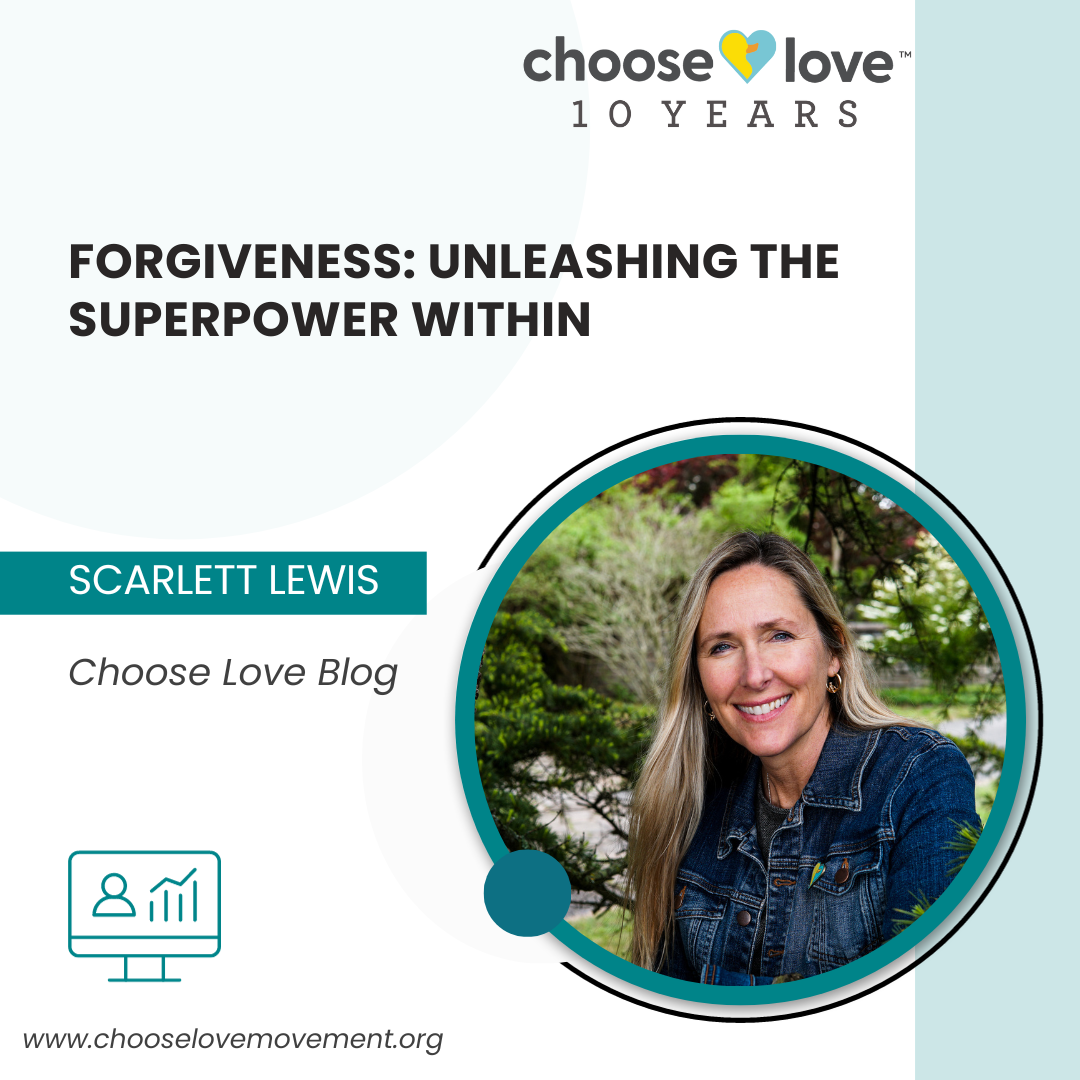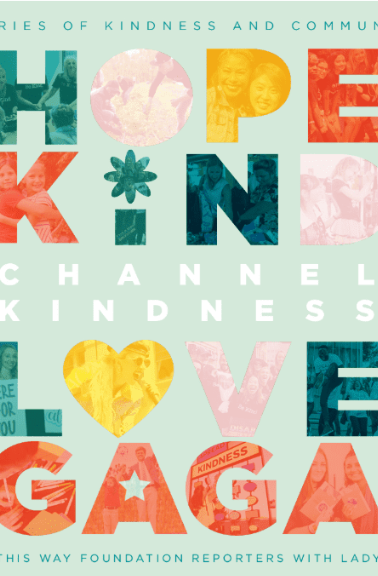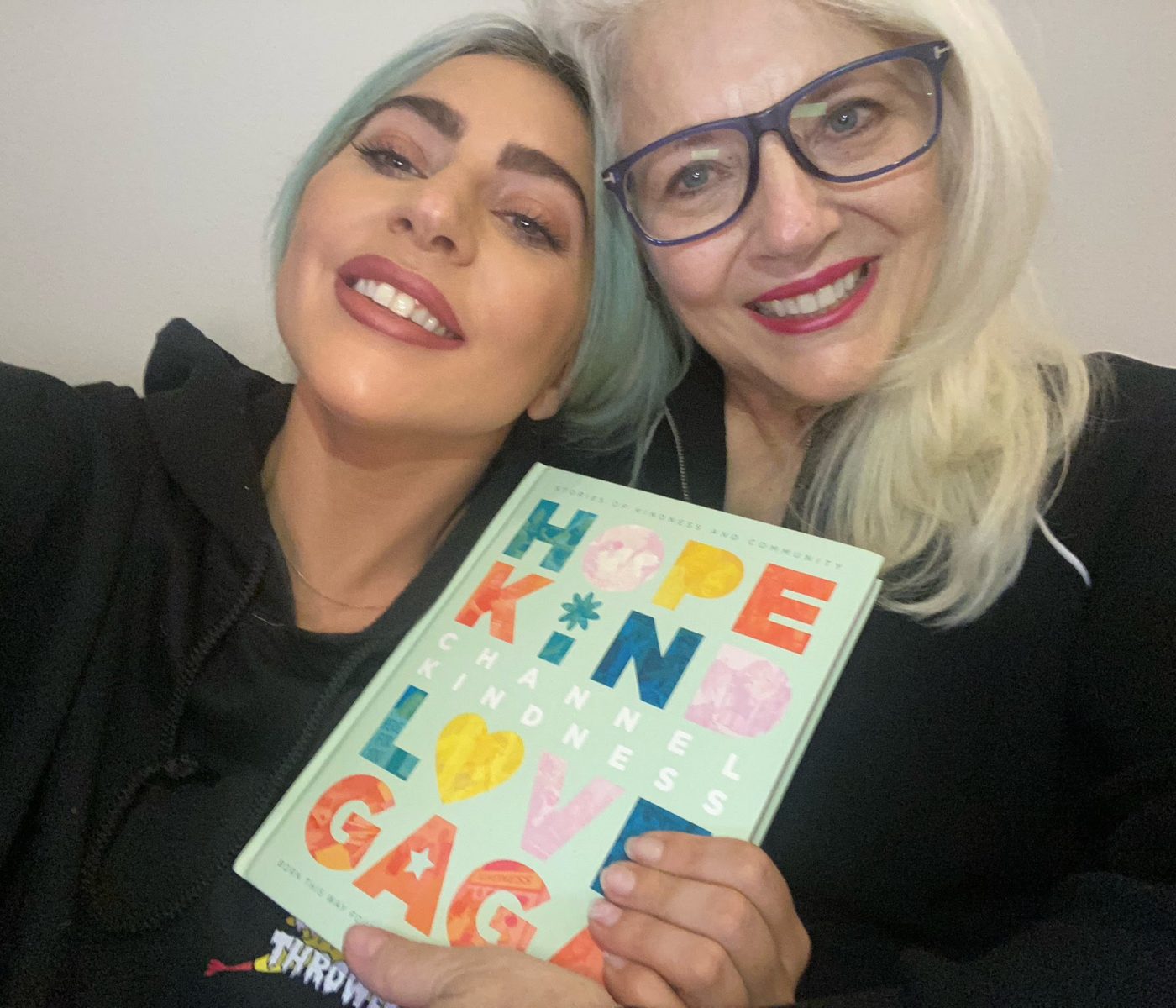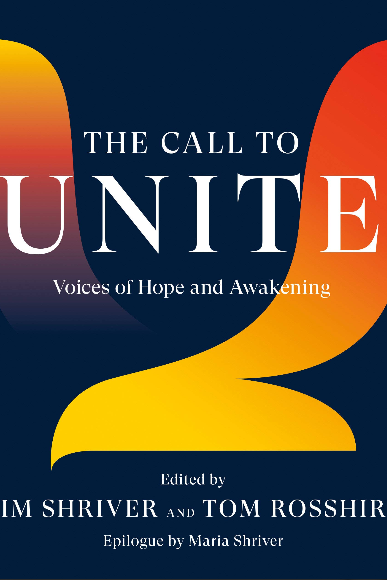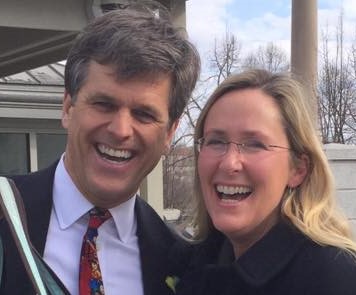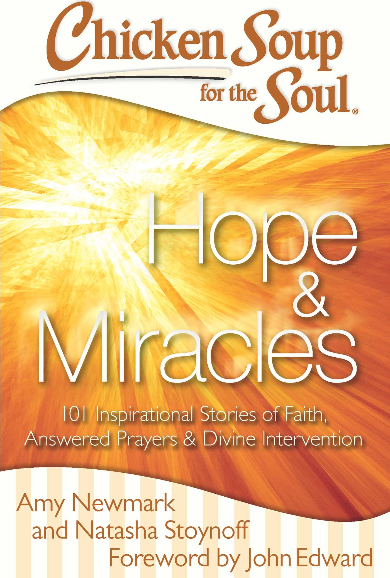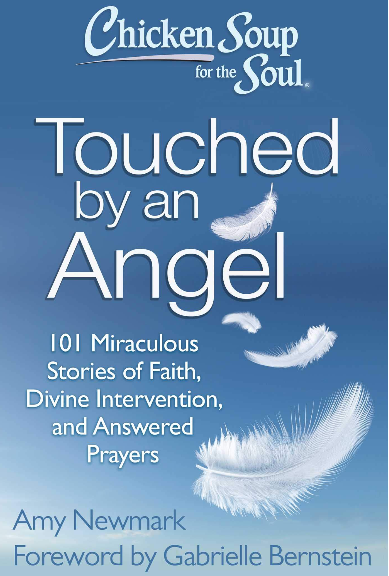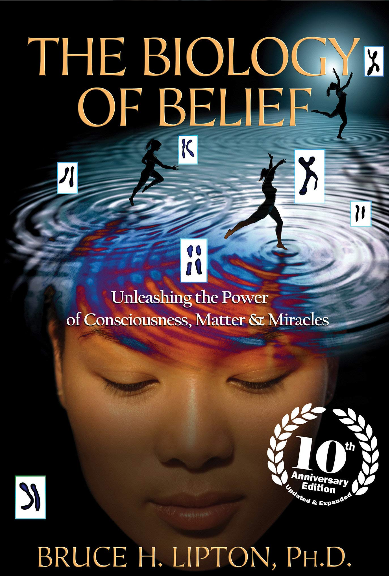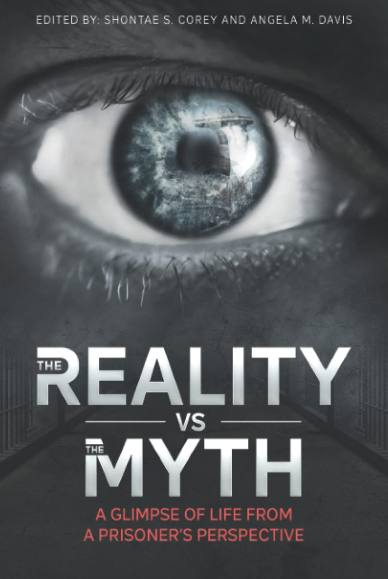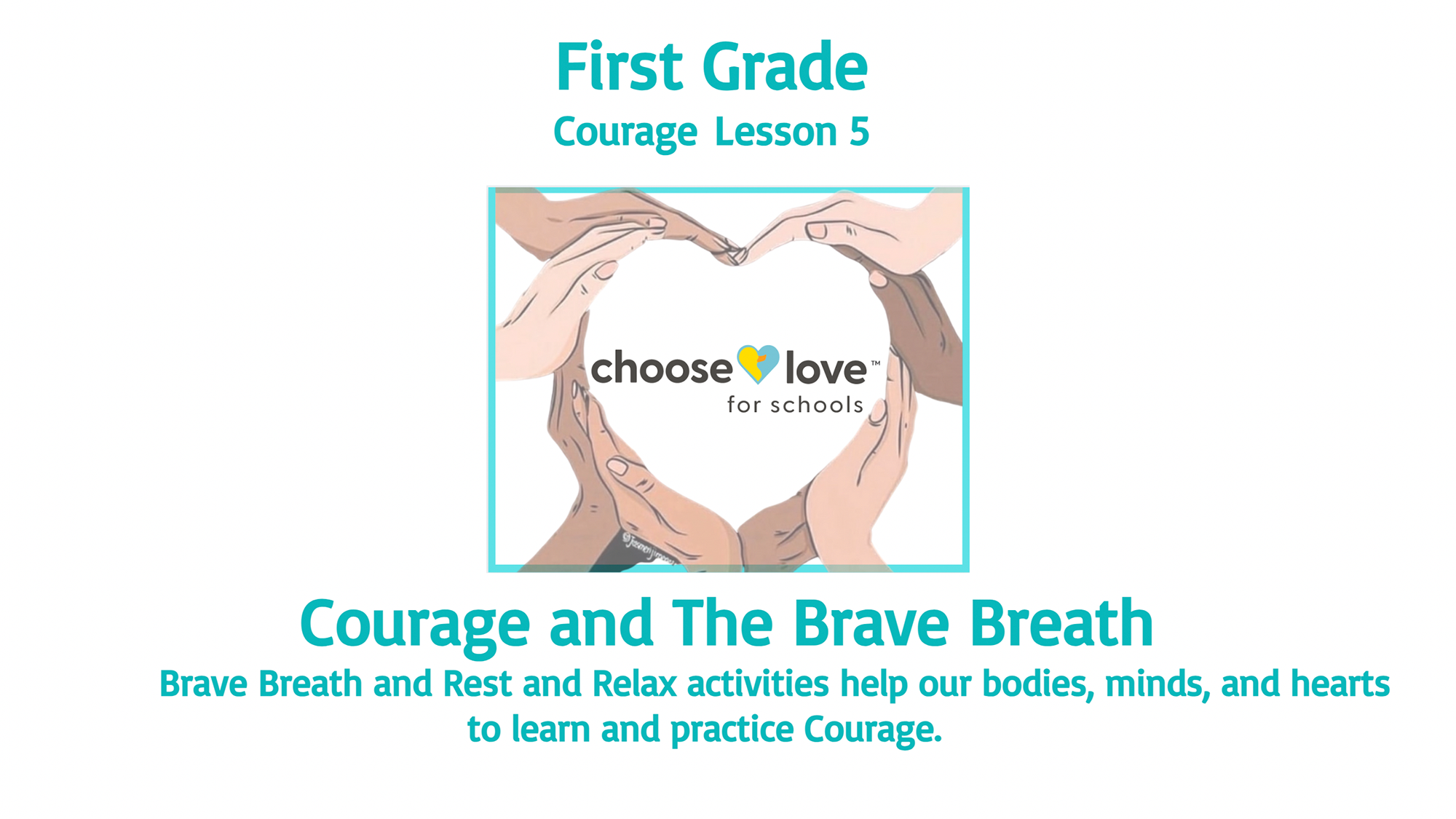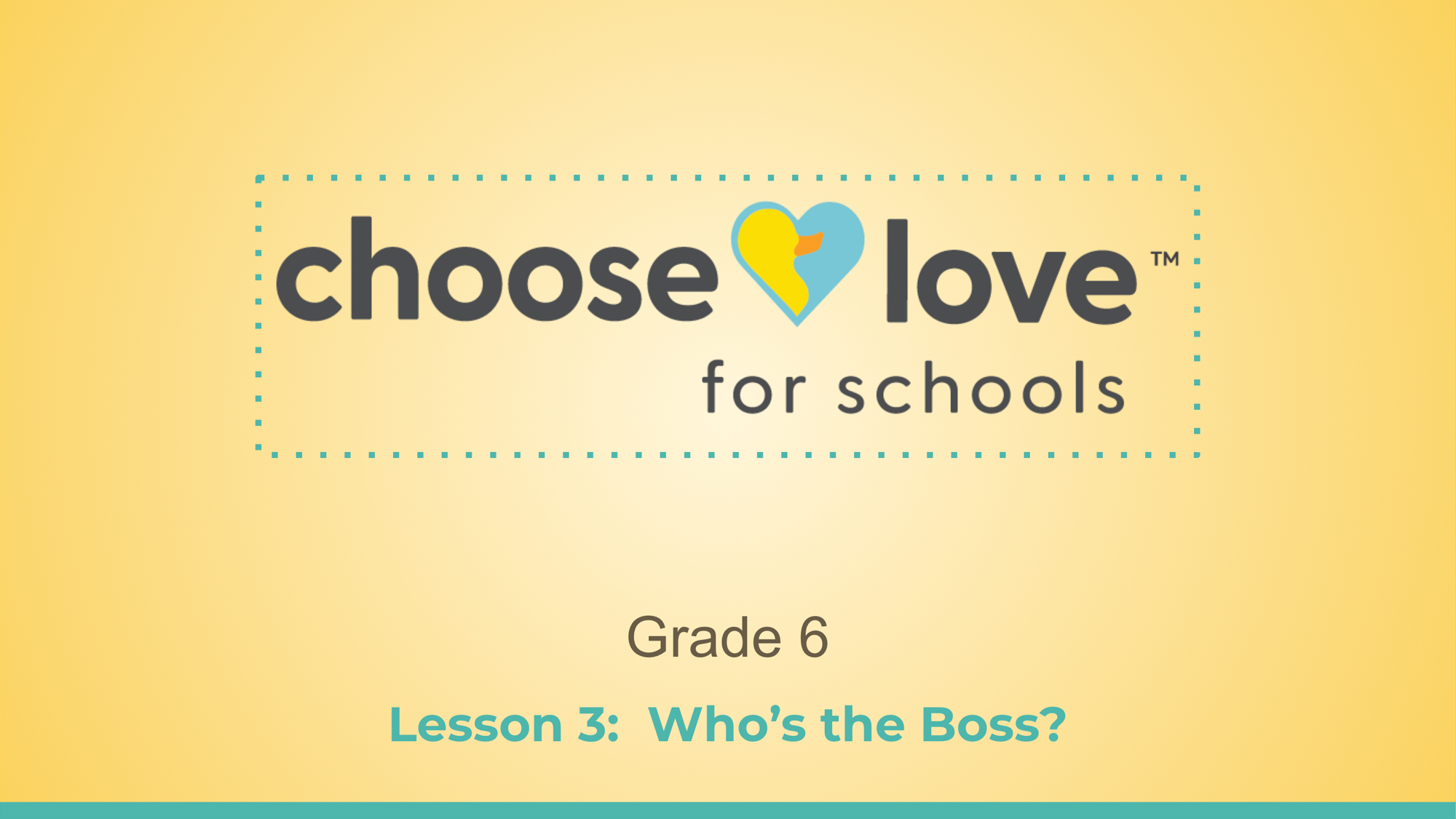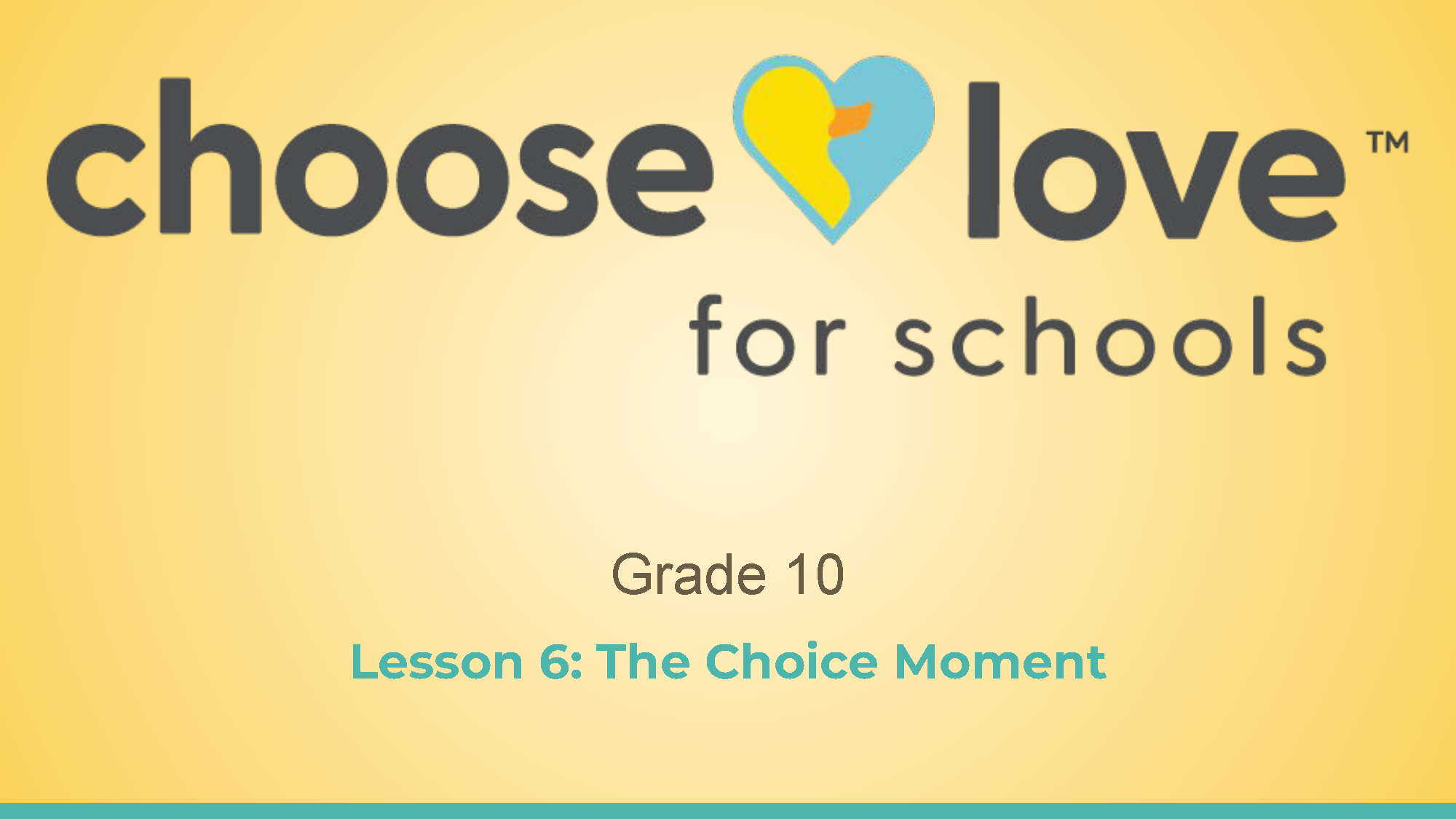by Scarlett Lewis, Chief Movement OfficerIn the journey of personal growth and emotional well-being, forgiveness stands as a transformative force. It’s the superpower that releases the best version of ourselves. Forgiveness is a pivotal element in the formula for choosing love, combining courage, gratitude, and compassion in action. This fusion creates a powerful synergy, enabling individuals to transcend pain, foster empathy, and pursue a path of healing and growth.Forgiveness is often seen as a challenging virtue to embody. The act of forgiving can be especially daunting when the person at fault remains unaware of the harm they caused. This is where courage steps in. It takes courage to confront the pain, acknowledge it, and then choose to release it through forgiveness. The journey toward forgiveness is a testament to one’s resilience and inner strength.
Gratitude, as the companion to forgiveness, provides the necessary foundation for this transformative process. Research has shown that a consistent practice of gratitude can significantly impact an individual’s overall well-being. By cultivating a mindset of thankfulness, individuals harness internal fortitude, allowing them to navigate through the complexities of hurt and resentment. This, in turn, creates the emotional space needed to embrace forgiveness.
The benefits of forgiveness extend far beyond mere emotional relief.
Scientific studies have underscored its profound impact on mental and physical health. Research from the Stanford Forgiveness Project and the Greater Good Science Center at UC Berkeley has shown that forgiveness leads to reduced anxiety, depression, and stress. Moreover, those who practice forgiveness exhibit lower blood pressure, improved heart health, and enhanced immune function.Furthermore, embracing forgiveness is associated with heightened levels of empathy, compassion, and overall life satisfaction. Individuals who forgive tend to experience improved relationships, greater emotional resilience, and a deeper sense of inner peace. This, in turn, enables them to become agents of positive change within their communities, fostering a culture of empathy and understanding.
The power of forgiveness lies not in absolving the wrongdoer, but in liberating the forgiver from the emotional shackles of resentment and bitterness. It allows individuals to reclaim their personal agency and chart a course toward emotional freedom and growth. As such, forgiveness becomes an act of self-empowerment, offering individuals the opportunity to rewrite their narratives, unburdened by the weight of past grievances.
Forgiveness stands as a beacon of hope and healing.In the grand tapestry of human experience, forgiveness stands as a beacon of hope and healing, illuminating the path toward personal and collective transformation. It is through the courageous integration of forgiveness that individuals can unleash their innate capacity for love, understanding, and resilience. By choosing forgiveness, we each take a step towards creating a world defined by empathy, compassion, and the unyielding pursuit of a better tomorrow.
Forgiveness: Unleashing the Superpower Within
